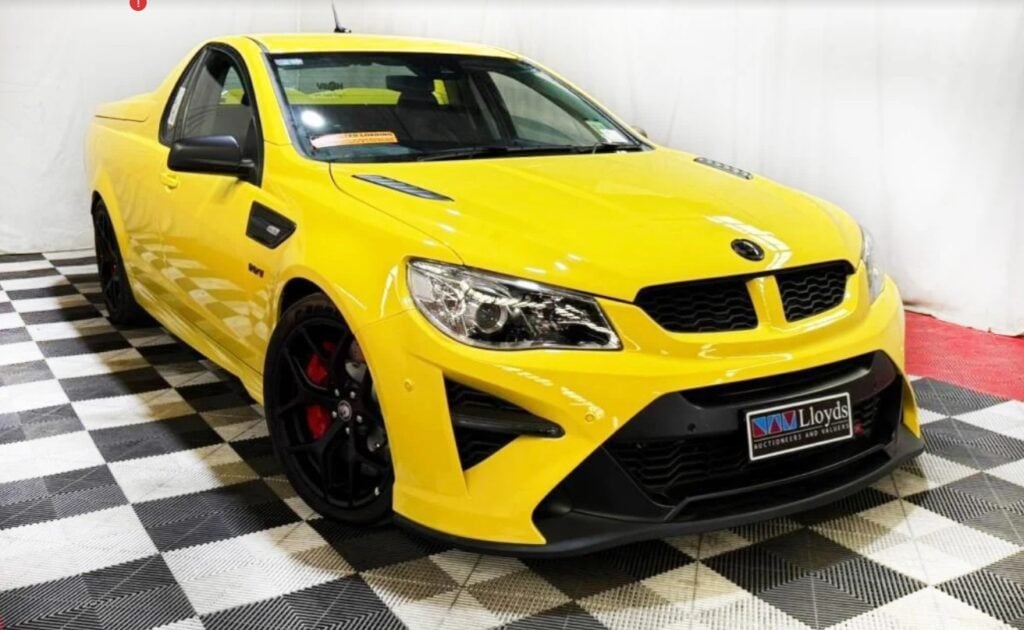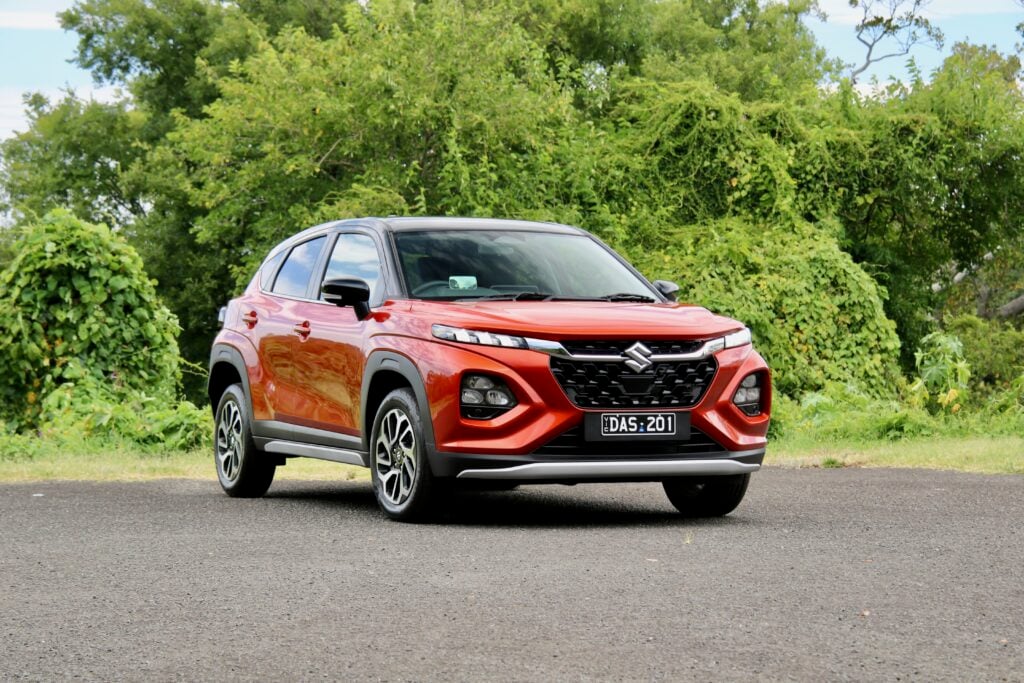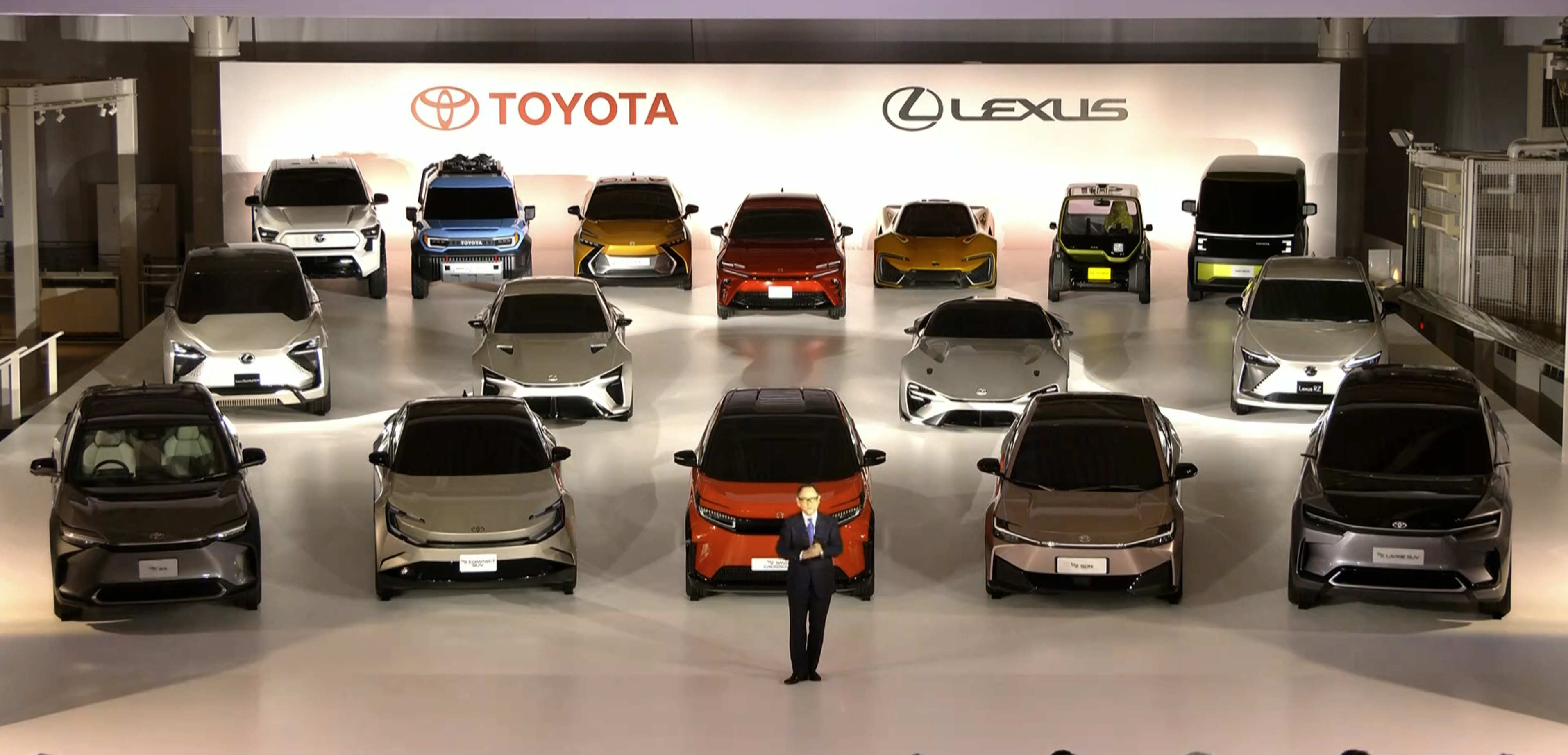
UPDATE, February 2023: Toyota to accelerate EV plans under new CEO
A year on from the below story, Toyota is now working double-time on its overdue EV revolution, with new CEO Koji Sato promising to “drastically” revamp the Japanese automaker’s EV strategy. Get that story at the link below.
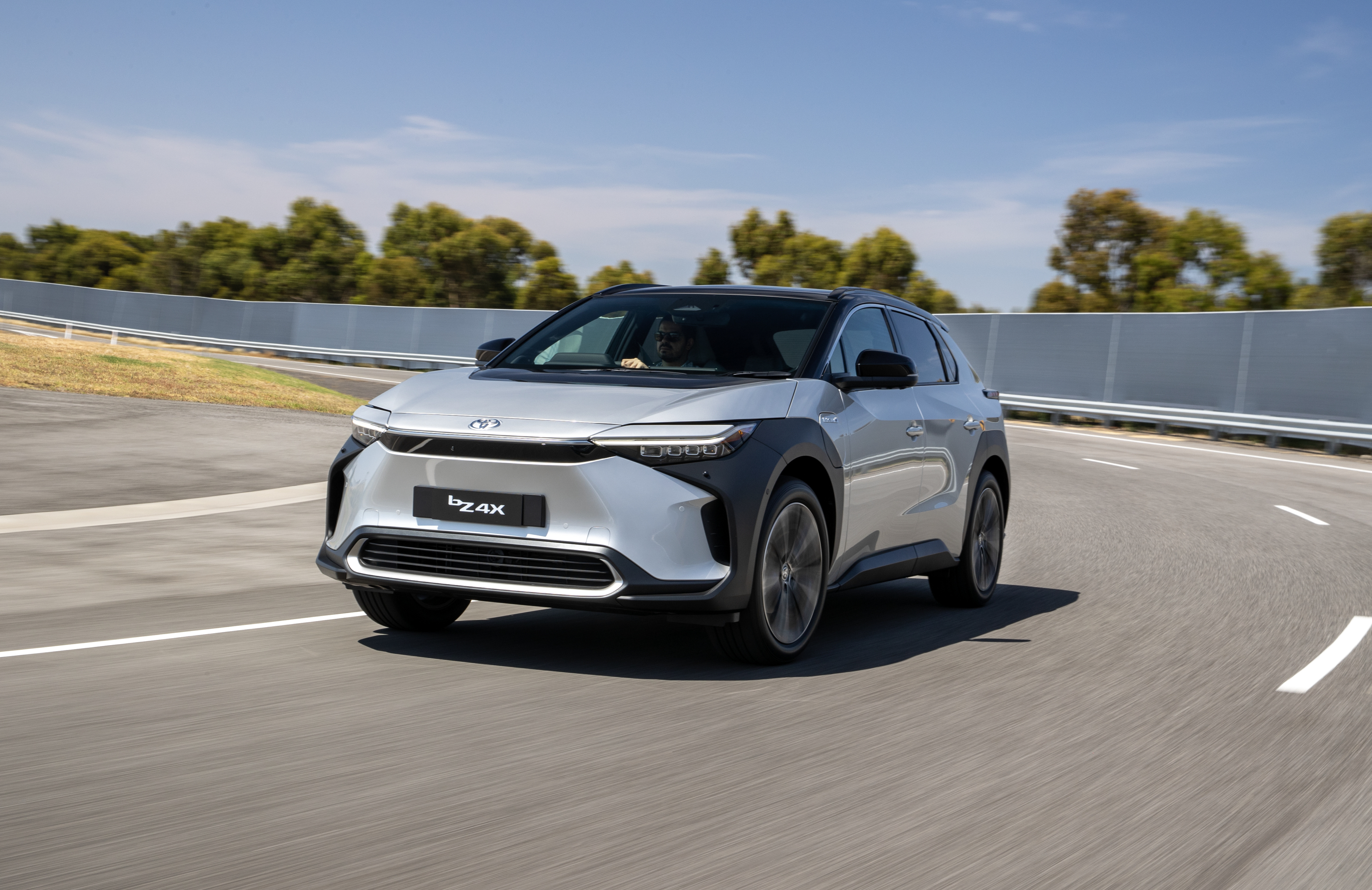
Story continues…
Toyota to introduce 30 BEVs by 2030, Lexus goes all-electric by 2035
Key Points
- Toyota’s 30 BEVs will be passenger and commercial
- All Lexus vehicles available in Europe, the US and China will be EVs by 2030
- Total BEV sales will surpass 3.5 million annually by 2030
Toyota will bring 30 new battery-electric models to the market by 2030, the carmaker has said today.
Off the back of releasing the specs of the bZ4x – its first production EV – in October, Toyota is backing battery-electric vehicles for its push towards carbon neutrality, aiming to roll out 30 models over the next eight years.
While not all models will be built on dedicated EV platforms, the bZ (beyond Zero) range will continue to pin itself on an all-electric architecture, expanding to five cars – with a compact SUV, small crossover, sedan and large SUV joining the line-up over the coming years.
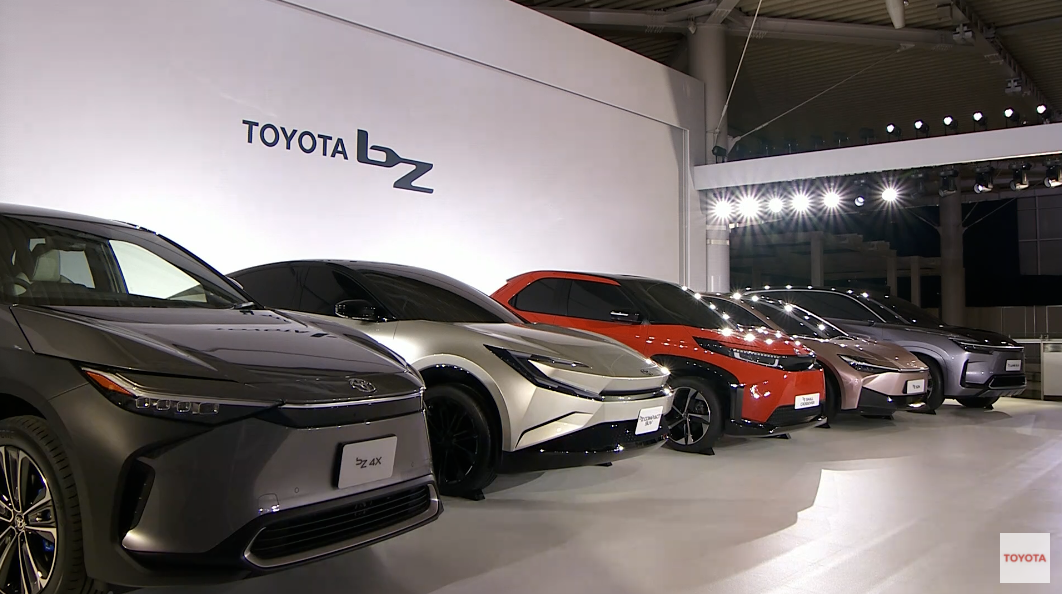
Although CEO Akio Toyoda wouldn’t provide details about the expanded EV line-up, the manufacturer teased a range of familiar vehicles such as an electric Tacoma and FJ Cruiser-inspired Compact Cruiser in its presentation, hinting at its current model range eventually becoming fully electrified.
Different vehicles have been designed with different target markets in mind, such as the city-centric bZ crossover concept, which features a small battery and will be best suited for the European and Japanese markets. Meanwhile, the larger SUV concept includes a third row of seats, allowing more space for a larger battery pack under the floor.
In June this year, local representatives of the marque told WhichCar it had no projections for an electrification strategy beyond its hybrid vehicle range in the near future, however Toyoda has now said his company is targeting a total of 3.5 million BEV sales annually by 2030 – more than half of its current combined output with Lexus.
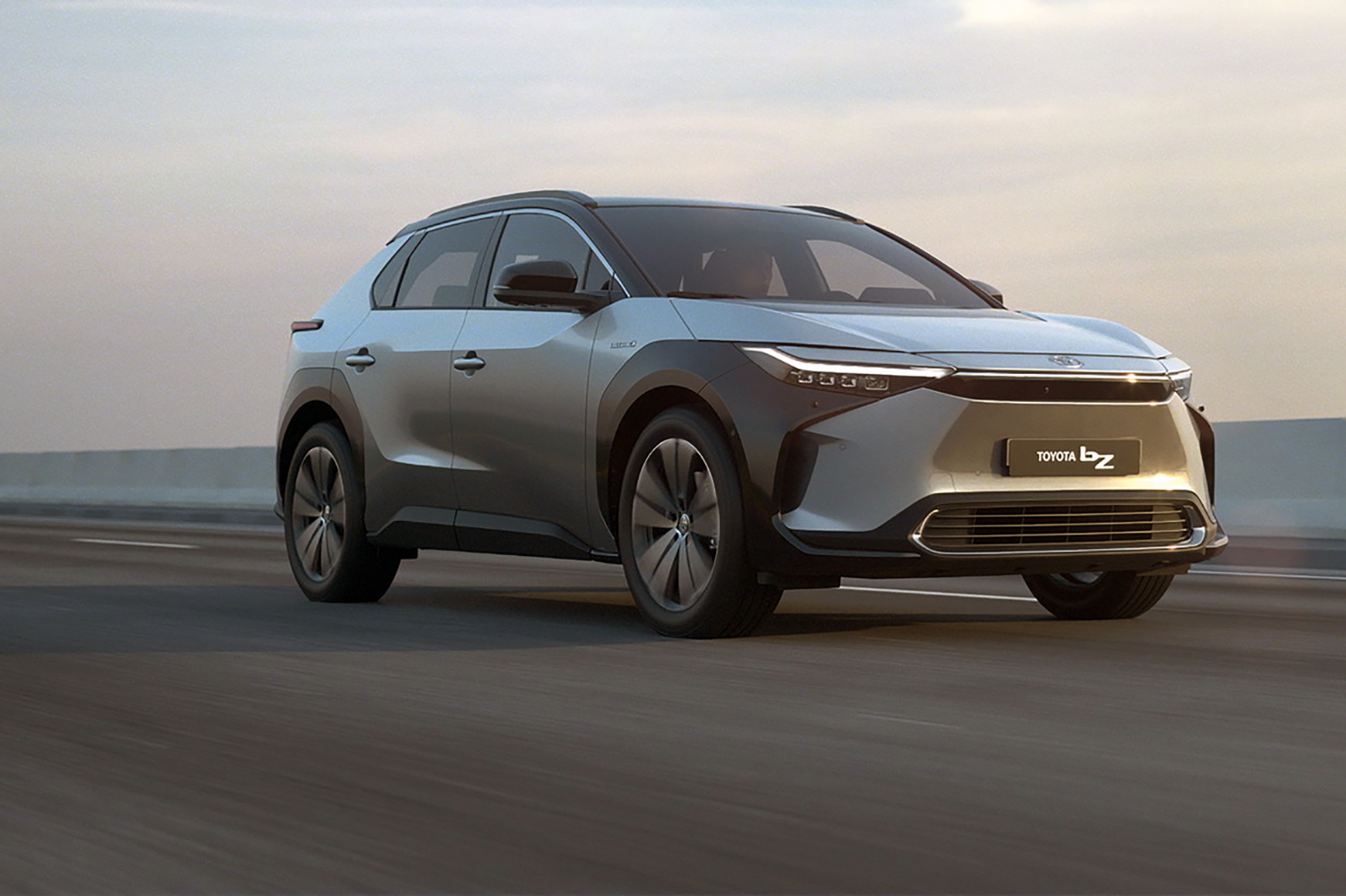
Speaking of the luxury sub-brand, Lexus is set to go all-electric by 2035 with 100 per cent of sales to come from EVs, although its transition will start much sooner as it looks to phase out non-EV sales in Europe, the US and China by 2030.
Starting with the RZ – an EV based on the same e-TNGA platform as the bZ4x and Solterra – Lexus’s charge is to come from dedicated battery-electric models, with a flagship sportscar set to headline its campaign.
Inspired by the LFA supercar, Toyoda said the two-seat coupe will complete the 0-100km/h sprint in the low-two second range and have a driving range of roughly 700 kilometres.
The Lexus brand DNA won’t be lost along with internal combustion engines, as the luxury marque believes EV technology complements its modus operandi.
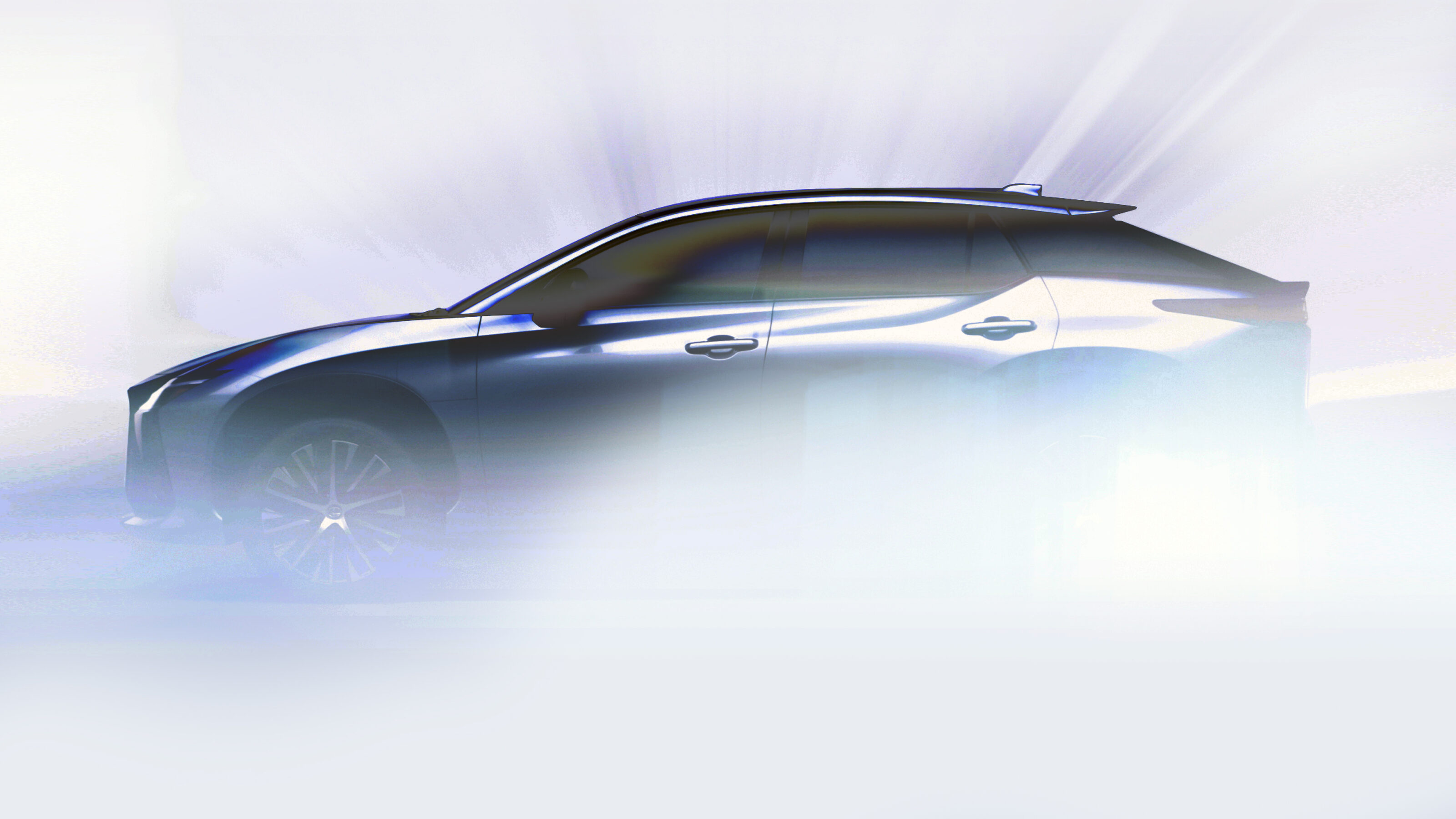
In addition to the BEV models, it’s expected Toyota will continue to amp up its development of hydrogen fuel-cell vehicles, having recently launched the Mirai in Australia.
Production of the bZ4x is set to begin in the first quarter of 2022 at the Motomachi plant in Yokohama, Japan, although timing and pricing for the EV’s debut in Australia has not yet been confirmed.
We recommend
-
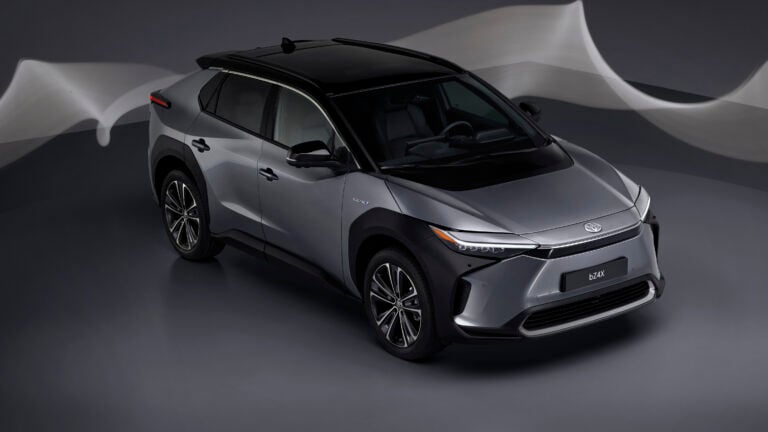 News
NewsToyota BZ4X electric SUV: Everything we know
Toyota's new electric SUV is finally official, after a near-production concept was revealed in June
-
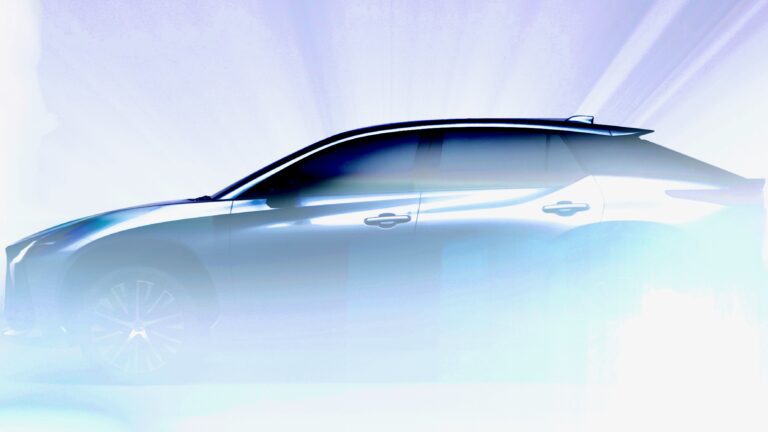 News
News2023 Lexus RZ electric SUV teased
The first dedicated electric Lexus has been teased ahead of its unveiling
-
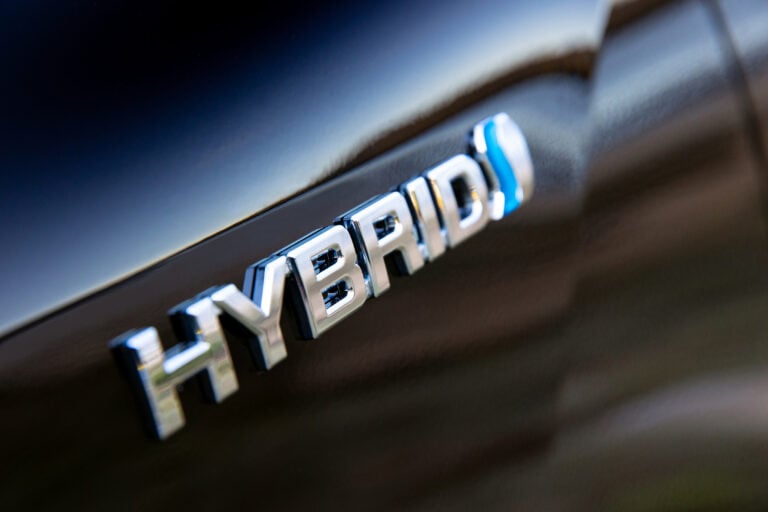 News
NewsToyota: Hybrids are not a stepping-stone technology to EVs
Pioneers of the hybrid game believe it is still needed amid emerging EV takeover


